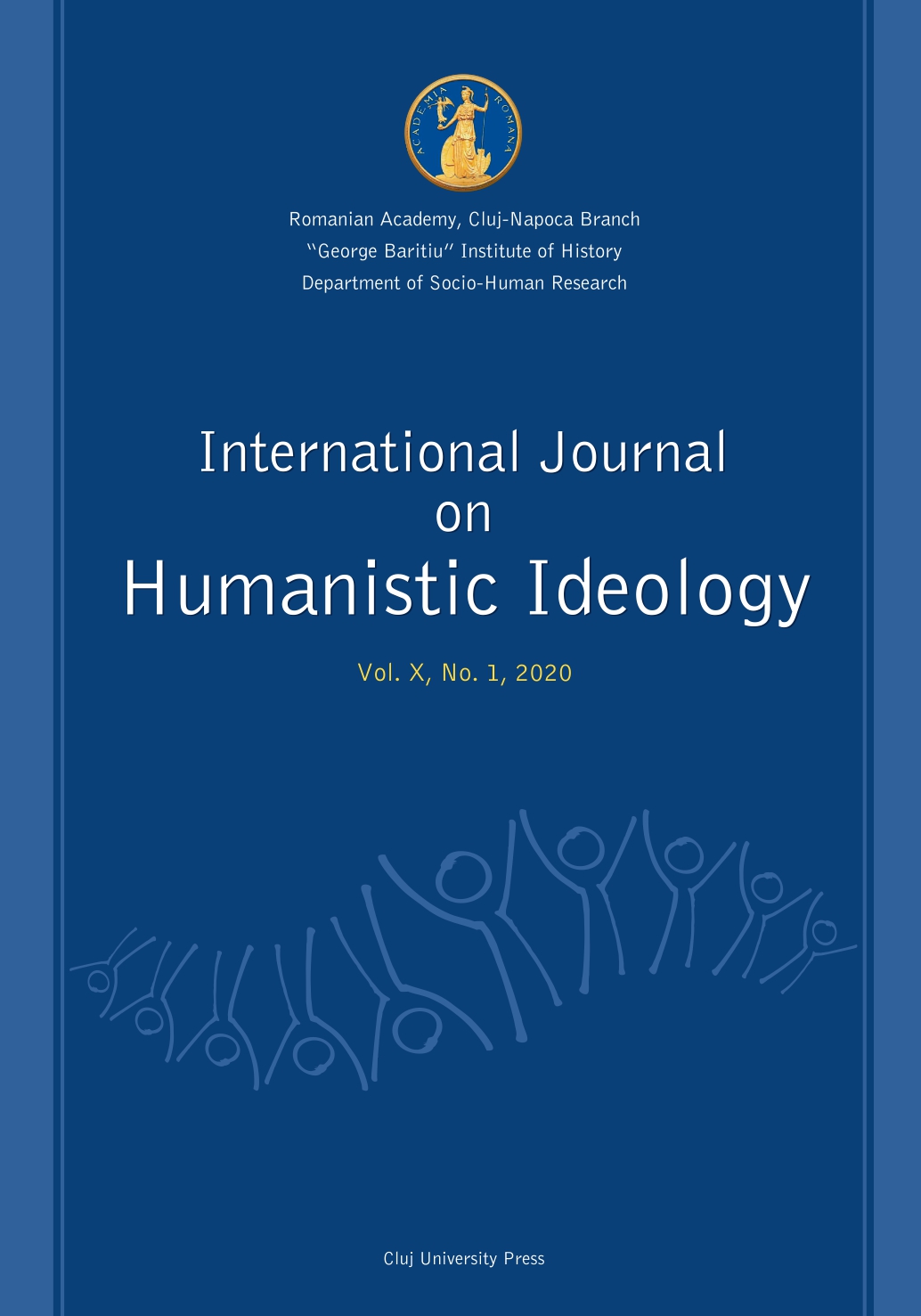„Süße des Lebens“, „Schmecken des Schönen“ und
höchstes Gelingen.
Hêdonê und Eudaimonia bei Aristoteles
Sweetness of Life", "Taste of the Beautiful" and the Greatest Success. Hêdonê and Eudaimonia in Aristotle
Author(s): Ralf ElmSubject(s): Philosophy, History of Philosophy, Metaphysics, Aesthetics, Ancient Philosphy
Published by: Presa Universitara Clujeana
Keywords: hedonism; activity; perfection; corporeality; intersubjectivity; self-affirmation of life; friendship;
Summary/Abstract: The topic of the phenomena joy, lust or pleasure (hêdonê) is repeatedly astonishing and at the same time a quite ambivalent field for Aristotle. His numerous statements about the hedônê made throughout the work, his basic definitions and systematic analyzes, in particular the two so-called pleasure treatises in the 7th and 10th book of Nicomachean Ethics and their consideration in the examination of emotions in the second book of Rhetoric are very stimulating. In my lecture, I would first like to (I) visualize some of the phenomenal diversity that Aristotle had in mind. In a second step (II) I will briefly introduce Aristotle’s engagement with anti-hedonism in his first treatise (EN VII 12-15) and introduce his understanding of pleasure as “unhindered activity”. This is then deepened in the third section (III) with Aristotle’s second treatise on pleasure (in EN X 1-5) and his second suggestion of pleasure as a “perfection that comes to perfection”. That self-referential relationships always play a role in lust and displeasure, for which the elementary corporeality is just as important as the intersubjectivity of friendships (for example, in the context of Aristotle’s political philosophy) is addressed in the final section (IV).
Journal: International Journal on Humanistic Ideology
- Issue Year: X/2020
- Issue No: 1
- Page Range: 37-60
- Page Count: 24
- Language: German

